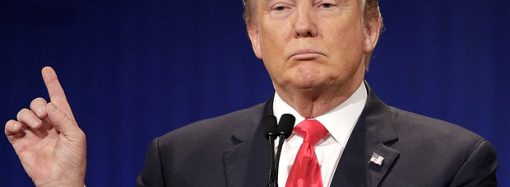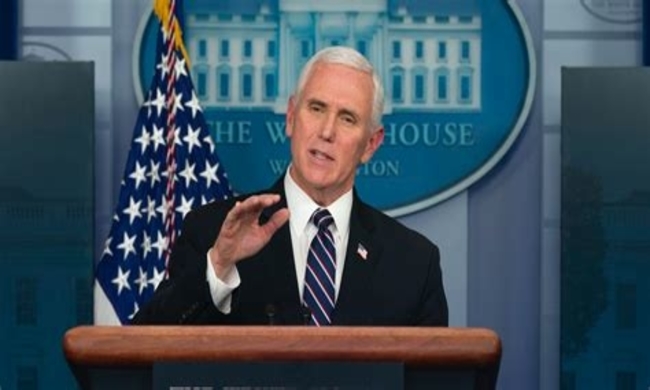To hear this article read by the author, please click here.
Above: V-P Mike Pence resisted demands that he delay the electoral vote count.
In January 2021, amidst the controversy over the disputed presidential election, President Donald Trump’s legal team and many of his supporters argued that the Constitution gave Vice President Mike Pence free rein—as presiding officer of the joint session of Congress that oversees the electoral vote count–to reject slates of presidential electors or delay the electoral vote count. The Constitution says that the presidential electors’ votes shall “be counted” at a congressional joint session—and they contended that it was the job of the Vice President to do the counting.
At the time, this was a reasonable argument to make: The mechanics of presidential elections comprise an under-researched area that is not covered in most law school courses on Constitutional Law. Nevertheless, I responded that it probably was incorrect. I pointed out that it was unlikely the Constitution-makers would have granted so much power to one person—particularly a person who might be on the presidential or vice-presidential ballot himself. I thought a more likely interpretation of the Constitution was that the document gave the joint session of Congress, not its presiding officer, authority to oversee the count. Any decision made by Vice-President Pence, I wrote, could be reversed from the floor by a successful motion to “appeal the decision of the chair.”
It turns out that the state constitutions in force in 1787 strongly support my position. When the U.S. Constitution was written, it was common for state constitutions to grant election-related powers to joint legislative sessions. None gave such powers to the sessions’ presiding officers.
Here are some examples of how state charters granted electoral powers to joint legislative sessions:
* The Delaware constitution prescribed that the state president, judges, delegates to Congress, and certain other officers were elected by joint sessions of the legislature.
* The Massachusetts constitution—one of the framers’ models—provided for election of an executive council by a joint session of the legislature. It specified that delegates in Congress and certain other officers were to be chosen the same way.
* The Maryland constitution provided for joint legislative election of the governor and executive council. It also granted joint legislative sessions the power to recommend candidates for certain other offices, which were filled by gubernatorial appointment.
* The North Carolina constitution granted joint legislative sessions power to elect several officers.
* The New York constitution—also a model for the framers—provided for joint legislative election of delegates to Congress.
* The Pennsylvania constitution provided for election of the state president and vice president by joint ballot of that state’s unicameral legislature and its executive council.
* The South Carolina constitution empowered joint legislative sessions to elect the governor and certain judges and some other officers. It also empowered joint legislative sessions to formally nominate justices of the peace for gubernatorial commissioning.
* The Virginia constitution provided for joint legislative election of a wide range of offices (including the governor), and for the joint legislative removal of some.
Of course, it was against that background that the U.S. Constitution was framed. Indeed, during the framing itself, when the Constitutional Convention still planned to have Congress elect the President, the convention decided on election by a joint session of Congress (Farrand’s Records, vol. 2, p 403)—with no special powers to its presiding officer. And at another point in the proceedings, the convention voted to create an office of federal treasurer—also to be elected by a joint session of Congress, with no special powers in the presiding officer.








